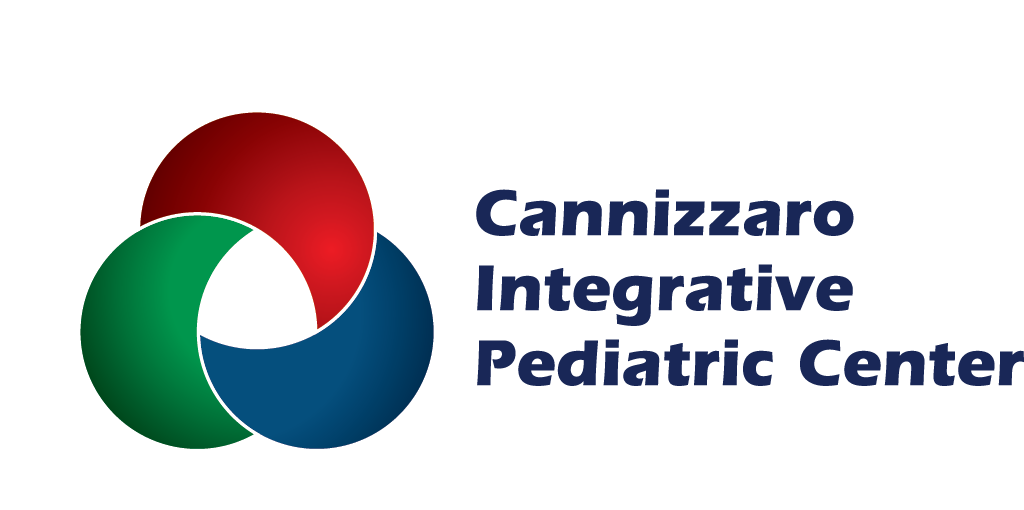
Children experience a lot of change during the pre-teen middle school years. Their workload becomes heavier and so do their social activities. They become more aware of their own autonomy and their self-esteem evolves. And let’s not forget the onset and effects of burgeoning hormones! The same parenting styles that worked with elementary school kids won’t work on kids who are not babies anymore.
At times parents experience tunnel vision in terms of their parenting ideology—their ideas of a parent’s role to guide their children. As children develop, understand more and have more sophisticated issues, many parents resort to authoritative and controlling modes, while the best approach is warm and positive. We’re not talking about becoming your kid’s best friend, but no one wants to be a parent who yells all the time, either.
We hope the following perspectives and tips help you navigate the pre-teen years!
Tip #1 – Be aware of attribution and its role in developing self-esteem in pre-teen kids.
During middle school, a child’s sense of attribution kicks into overdrive. Attribution is when we make social comparisons between ourselves and others. We make conclusions about why we or other people do the things we do—whether the conclusions are accurate or not. Of course, we all do this, but we see an increase in attribution between ages 8 and 11. Attribution contributes to the shaping of self-esteem.
For example, if your child studied hard for a spelling bee, but didn’t perform to her own expected level, she could begin to attribute reasons as to why she didn’t perform better. She could say to herself, “I’m better at spelling than Johnny, but he got the easier words. I studied hard, but I got harder words.”
An emotionally balanced child can differentiate between her failure to achieve a certain level of performance and the effort necessary to achieve a positive outcome. Effort is included in a healthy attribution process, instead of just luck or lack of ability. If she said, “I’m not very good at spelling” or “I hate spelling” she’d be attributing her failure to lack of innate ability. This attribution process fuels a sense of learned hopelessness or helplessness when it comes to challenges in life.
Acknowledging effort as a component of achieving goals fosters a healthy approach to future challenges and endeavors. She is developing the perspective that she can improve her outcomes by trying harder when faced with new challenges and that when things don’t work out, so be it!
Tip #2 – Identify short and obtainable goals and celebrate them with expressions.
When your child wins the spelling bee you can say, “I know you worked really hard and you must feel really good about how your efforts turned out,” as opposed to saying, “You’re really smart. I knew you could do it.” Again, the emphasis being on how effort drives outcomes rather than an innate attribute that they can do nothing about, which bolsters the healthier perspective.
Tip #3 – Learn to listen more carefully to your pre-teen child, including body language and tone.
Listening is not just word comprehension; it also includes hearing tones and watching body language. The nature of your relationship with your child may require rebuilding trust to reestablish open lines of communication so that your child is willing to express himself. If you don’t feel particularly equipped to do this, then consider counseling.
Tip #4 – Have some familiarity with the age-related stages of development during the pre-teen years.
During different stages of life our brains develop emotionally, socially and psychologically. It’s helpful to know the typical stages of development for your child’s age group. This doesn’t mean that you must become an expert or an authority. Just a little bit of research can provide parents with more knowledge, insight and tools in terms of effectively communicating, managing and helping their children. Knowing about the stages of development helps parents navigate some of the difficulties children may experience during particular stages.
Tip #5 – Learn the art of self-reflection.
Before questioning your child, ask yourself some questions that require self-reflection and cognitive exploration. Draw out possible inaccuracies in your own conclusions. You may find yourself embracing a thought that had previously escaped you. Recognize what parenting styles you may be bringing along from your own childhood that were not effective when YOUR parents used them or may not work with the temperament and the personality of the child you’re raising. Download thi
Tip #6 – Learn to ask questions that won’t evoke a defensive response (or boredom).
Again, be intentional about talking to your child. This requires a more structured approach. You know best your child’s personality and tendencies. While you’re driving or have some other time, think about one or two things that you want to communicate. Give some thought to what you want to accomplish or the response you want to evoke in your child. Rehearse and roleplay in your mind. Identify not just the content you want to convey, but also the presentation. What will resonate with your child’s personality? We wrote an article that may help you identify your child’s personality traits and how they can enhance your parenting approach.
Also, be mindful of the length of time or the segments of time that you would engage in an intervention with your child. You don’t want to go beyond the attention span of your child, or he/she will tune you out. Shorter intervals of dialogue are better than long ones, especially if you’re not getting signals to continue. Merely trying to get your point across makes for a one-sided conversation.
Set your intention to have a two- or three-minute exchange. You can always say, “Okay, we can leave it there for now. We can talk more about it a little bit later.” Resist that natural temptation to “get it all out.”
Tip #7 – Realize that while the divorce may be final, the effects linger on kids.
Divorce is a singular event, but that transition brings a whole host of other issues with it. There are changes in housing, living arrangements, income, family roles and responsibilities. Oftentimes, parents take the “what’s done is done” approach, but divorce causes a host of other significant issues that impact a child’s self-esteem and social development.
When divorced parents re-marry or cohabit with another partner, this brings a whole different host of issues that don’t generally get discussed or worked out independently. In these cases, counseling becomes an important consideration.
Note: depression in children manifests differently than it does in adults.
Depression in children often manifests in increased isolation, which is similar to adults, but more often exhibited in irritability or a low tolerance to frustration. As a parent you might think, “He’s just being moody,” or “She doesn’t want to talk to me,” but sometimes there’s more going on, which your pediatrician can recognize. So don’t skip your child’s annual physical exam!
Taking a more mindful approach towards parenting and increasing your knowledge regarding stages of development will help you (and your child) navigate the sometimes-tumultuous transition to the pre-teen years. It’s not just engaging in “positive thinking”—that’s not the world that we live in. It’s more about learning how to identify negative or distorted thoughts and replace them with more accurate ones—honestly acknowledging successes and shortcomings, with a focus on being even more prepared for future endeavors.
Everything is not always going to go as we plan, and it takes practice. Learning to craft our language, regulate our own emotions, communicate with empathy and intentionally teach our children (mostly by modeling) to be adaptable and resilient will help them have a much more balanced and psychologically healthy life.
Thanks to the team of mental health counselors from Comfort Creations for their contribution to this article. You can find them at comfortcreations.org
Image Copyright: 123rf/deagreez





